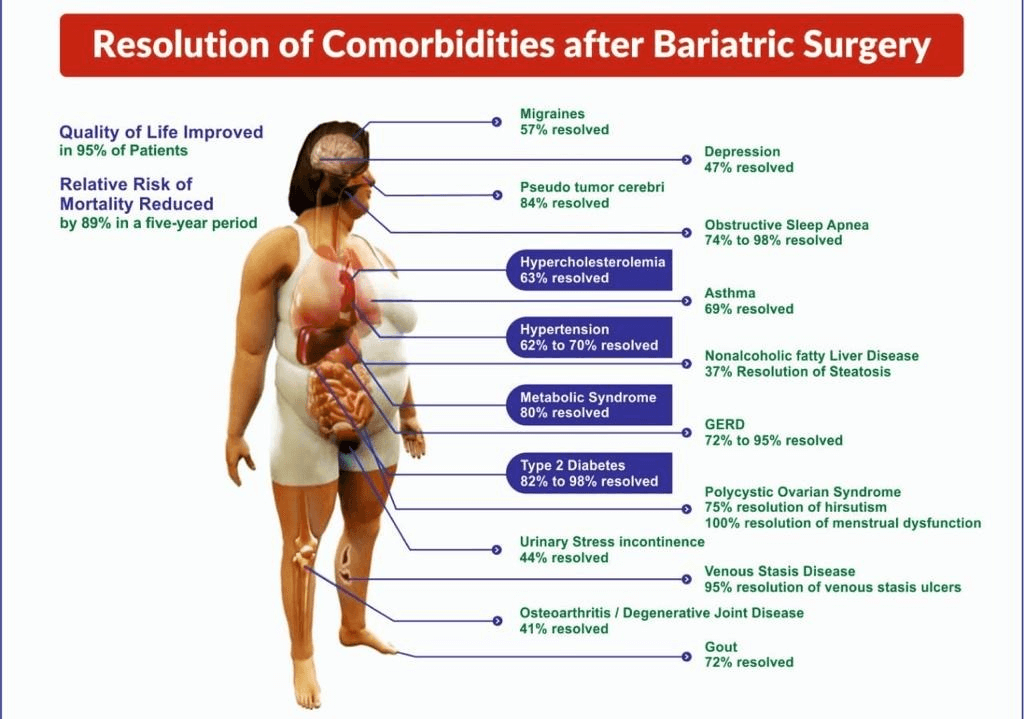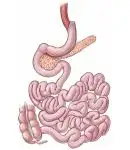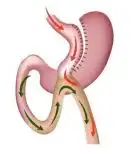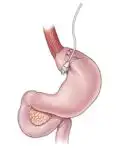Best Bariatric Surgeon In Karnal
Is obesity a disease?
Obesity is a global “epidemic”, with an increasing number of 1.4 billion adults worldwide each year, and more than half the world’s adult population could be obese in the next 20 years. It is called. It is 30% for men and 20% for women (Ministry of Health, Labor and Welfare, “National Health and Nutrition Survey” 2013). Best bariatric surgeon in karnal obesity is not all disease. However, obesity is also known to trigger lifestyle-related diseases such as diabetes, hypertension and dyslipidemia, leading to various health disorders including the so-called metabolic syndrome. In metabolic syndrome, even if diabetes, hypertension and hyperlipidemia are mild, multiple layers of obesity-based visceral fat promote arteriosclerosis, which can be life-threatening, such as heart disease and stroke. It rapidly causes disease. There are two types of obesity, one having too much subcutaneous fat and the other having too much visceral fat. Best bariatric surgeon in karnal to found it easy. As such, the condition that is no longer simply obesity is referred to as “morbid obesity”, and when it comes to this point, weight loss or lifestyle modification is rarely successful, and many people suffer from obesity. There are associated serious diseases. It is a disease condition that differentiates it from simple obesity.
Bariatric surgery was once considered one of the anesthesia surgeries of obesity, which easily eliminated attempts at self-control. However, many researchers report a number of associated disorders such as diabetes, high blood pressure, hyperlipidemia, fatty liver, gastroesophageal reflux, sleep apnea, gout and osteoarthritis (knee pain). Many patients improved dramatically or made a complete recovery. In addition, there has been a reduction in mortality from heart disease through bariatric surgery, indicating that bariatric surgery for obesity is not just anesthesia surgery but life-saving surgery. Best bariatric surgeon in karnal on these positive results of metabolic disorders, surgery is being expanded to less severely obese patients with metabolic disorders.
Generally, people who should have bariatric surgery for obesity are in the following situations.
- Attempts to lose weight through diet and exercise have not been successful.
- Body mass index (BMI) is 35 or higher (extremely obese).
- Have health problems related to weight such as type 2 diabetes, high blood pressure and severe sleep apnea.
Weight Loss Surgery Cost in Karnal
Weight Loss Surgery Cost –
- Estimated Cost for Weight Loss Surgery :
- Clinic Timings:
- Working Days:
- Contact Number:
Details:
- ₹2 Lakh to ₹2.5 Lakh (Tentative)
- 9:00 AM to 6:00 PM
- Monday – Saturday
- P. (+91) 73411-01891, P. (+91) 73411-01892
Note: The actual cost may vary based on patient-specific conditions and medical requirements.
What Is Bariatric Surgery?

Make an Appoinment call
Benefits Of Bariatric Surgery

Our patients have been able to lose up to 70 – 85% of their excess weight. Those thinking about surgery should talk to our Doctor about what their personal expectations should be for loss of excess weight. In addition to this, co-morbidities such as diabetes, high blood pressure, sleep apnoea, infertility, thyroid etc… are often reduced or completely cured.
Post Surgery Follow Up
Effects Of Bariatric Surgery:-
The purpose of obesity surgery is not to make you inedible. It doesn’t mean that you don’t get fat even if you eat it. You don’t want to eat too much, and even if you do eat it, your stomach should be full right away. Specifically, it’s about making sure you don’t end up eating greasy foods that you’ve always loved. Best bariatric surgeon in karnal As a result, many researchers report various associations such as diabetes, hypertension, hyperlipidemia, fatty liver, gastroesophageal reflux, sleep apnea syndrome, gout and osteoarthritis (knee pain). In many patients the disease has improved dramatically or completely cured.
In addition, there has been a reduction in mortality from heart disease through bariatric surgery, indicating that bariatric surgery for obesity is not just a weight loss surgery but a life-saving surgery. Based on these positive results for metabolic disorders, surgery is being expanded to less severely obese patients with metabolic disorders.
I would like to emphasize that obesity surgery is not an easy magic wand but the biggest recourse for the long term distress of the patient. For many clinicians and patients, obesity treatment is the most effective means of reducing total remission, curing life-threatening diseases, and providing a new social life for morbidly obese patients in general. Best bariatric surgeon in karnal is the most effective way to change your life.
Follow Us on Facebook !
Reviews
Testimonials

Ckosmic Health City, Moga is the base center of Dr. Amit Sood where all types of bariatric/ weight loss surgeries are performed. The center is equipped with ultra modern high definition operation theatre and world class rooms. At Ckosmic Health City Moga other than Bariatric/weight loss surgery, Laparoscopic surgery for different types of hernias, fibroids, gallbladder, kidney removal etc. …. are also performed.
Ckosmic Health City, G.T. Road, MOGA 142001
ckosmichelpdesk@gmail.com
+91 73411-01891/92








